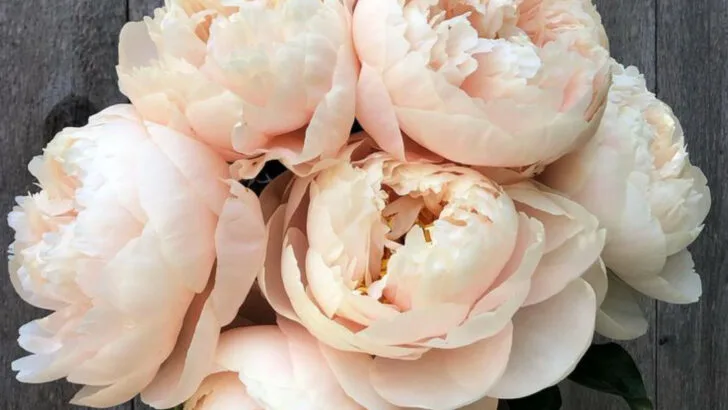Your garden might be hiding a secret stash of natural perfumes—plants and herbs that release rich, luxurious scents with zero effort. Some are so fragrant you could swear they belong in a boutique candle, while others simply surprise you every time you brush past them. If you’ve ever dreamed of a garden that smells like your favorite botanical perfume, these eight plants do exactly that—no diffuser, spray, or oil needed.
But scent isn’t just about pleasure. Some of the most beautifully fragrant plants also come with built-in bug protection. From mosquitoes to flies, these plants naturally repel pests while making your backyard smell incredible. Whether it’s lavender, lemon balm, or even basil, their essential oils work double duty: adding fresh aroma to your space while quietly keeping unwanted guests at bay.
So if you’re looking for plants that are both nose-pleasers and bug-fighters, you’re in luck. This list has 8 floral superstars that smell better than perfume, plus 9 herbal and aromatic powerhouses that naturally keep the bugs from crashing your outdoor party. Bonus? Many of them are already growing in your yard—you just didn’t know they were doing all this work for you.
Lavender
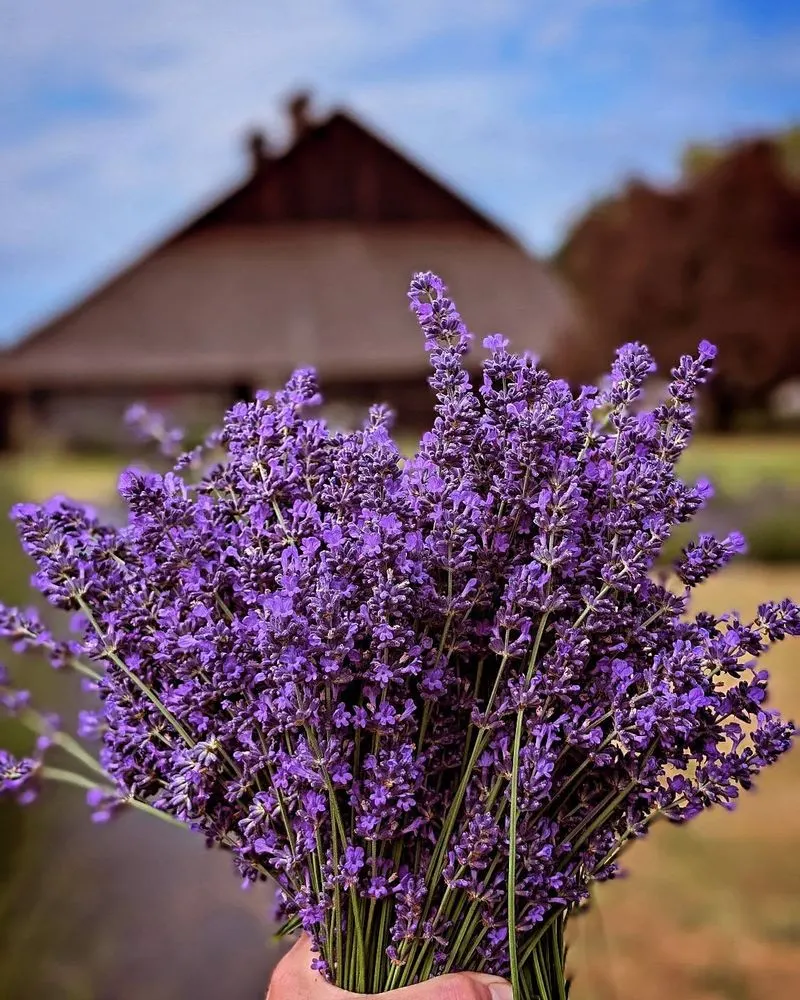
Lavender’s calming scent isn’t just for relaxation; it’s a natural perfume wafting through your garden. This aromatic plant is known for its stress-relieving properties. Perfect as a fragrant addition to your garden paths, its purple blooms add a touch of elegance. Whether used in sachets or left to grow wild, lavender fills the air with its sweet aroma. It’s not only pleasing to the senses but also attracts pollinators. Historically, it has been used in perfumes and sachets for its calming properties. An essential for any garden.
Rosemary
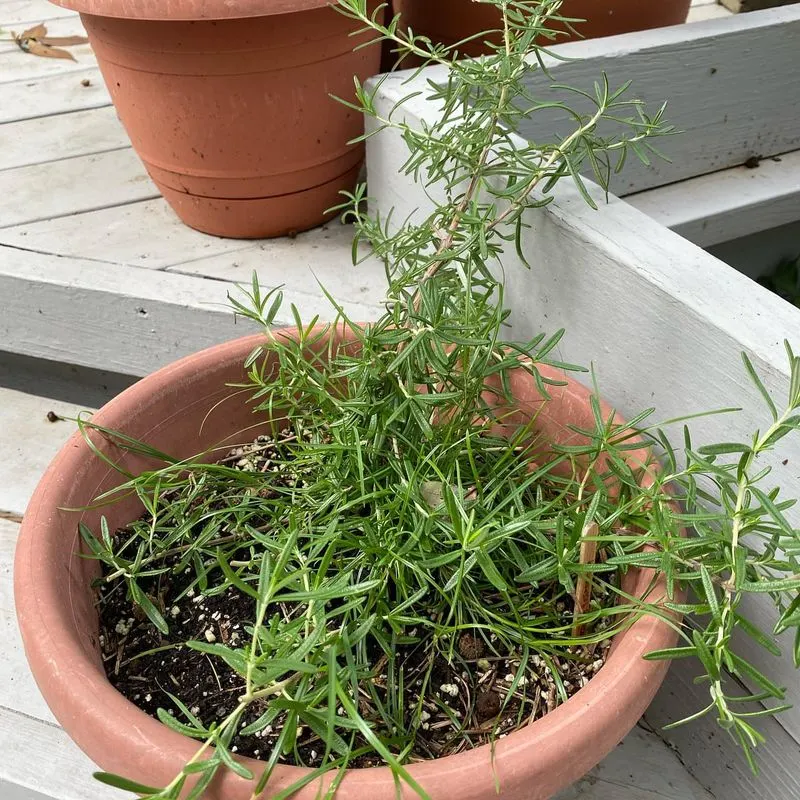
Rosemary, with its woody fragrance, transports you to Mediterranean landscapes. This hardy herb doubles as a delightful garden perfume and a useful culinary herb. Its needle-like leaves release a refreshing scent when brushed against. Often used in cooking, rosemary’s aroma lingers pleasantly, making garden strolls a sensory delight. Its resilience and evergreen nature make it an excellent addition to any garden. Whether in a pot or as a hedge, rosemary offers both beauty and utility. A plant with ancient ties to memory and remembrance.
Jasmine
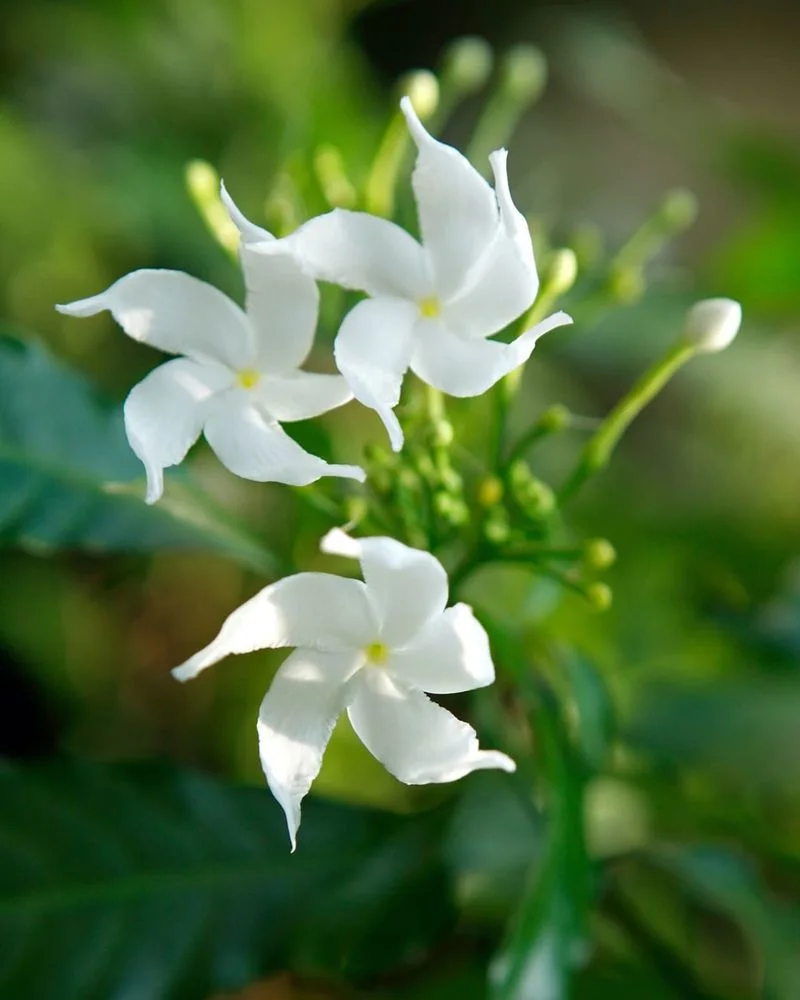
Jasmine’s heady fragrance intoxicates the senses, reminiscent of warm summer nights. This climbing vine blooms with white or yellow flowers, exuding a sweet, romantic scent. Perfect for trellises, it infuses the air with its enchanting perfume, often used in oils and teas. Ideal for evening gardens, jasmine’s scent intensifies at dusk. A favorite in perfumery, its alluring aroma captivates all who encounter it. Its lush growth and captivating scent make it a garden favorite. Known in many cultures for its association with love and romance.
Lemon Balm
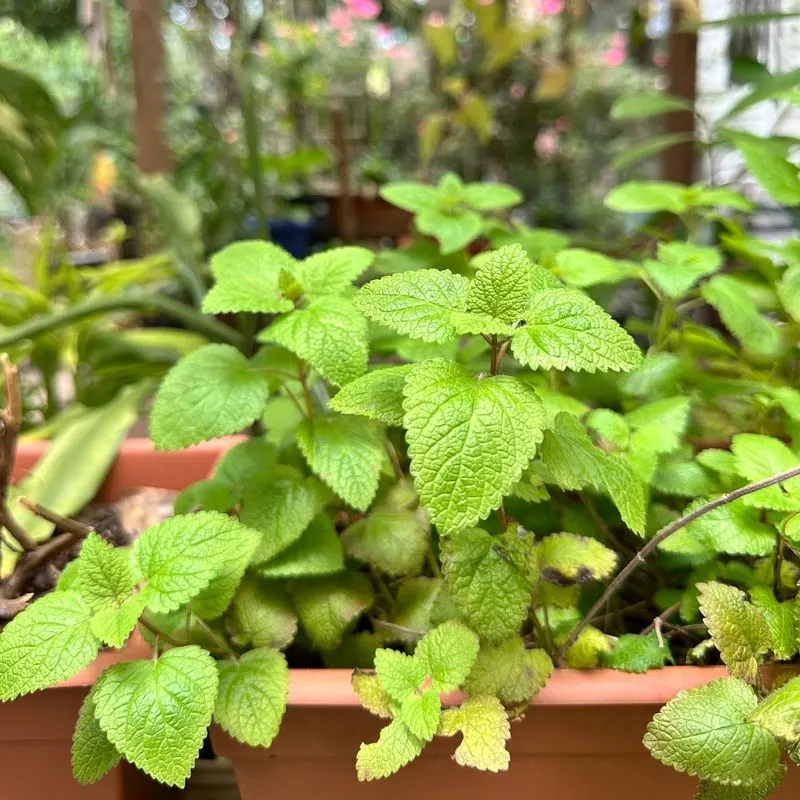
Lemon balm offers more than a citrusy scent; it’s a natural mood booster. This herb grows easily, releasing a refreshing lemon fragrance, perfect for invigorating garden walks. Its leaves can be used in teas for a calming effect. Known for attracting pollinators, lemon balm benefits the garden ecosystem. Often associated with reducing stress and anxiety, its scent is both uplifting and soothing. A versatile addition, it thrives in various conditions, making it a gardener’s friend. Historically, it has been used in traditional medicine for its calming properties.
Gardenia
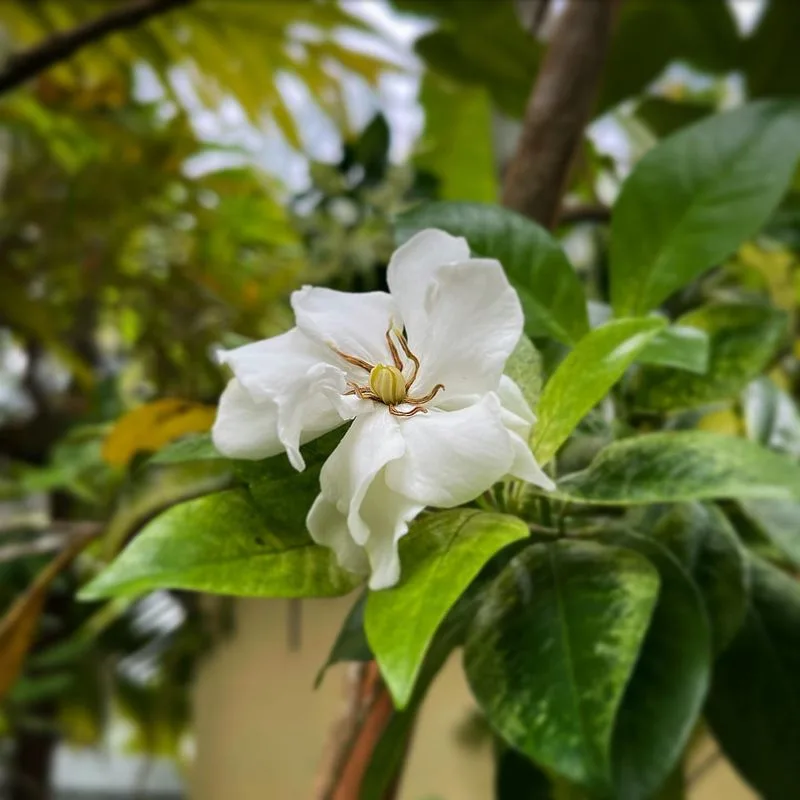
Gardenia’s rich, velvety fragrance is unmatched, offering a touch of elegance to any garden. Its creamy white flowers stand out against lush green foliage, releasing a sweet, intoxicating scent. Known for its romantic allure, gardenia’s perfume is often used in high-end fragrances. Its captivating aroma makes garden strolls a luxurious experience. A bit finicky, but worth the effort, gardenias thrive in humid environments. A symbol of purity and love, it’s a favorite among gardeners seeking to add sophistication. A true classic in the world of fragrant blooms.
Mint
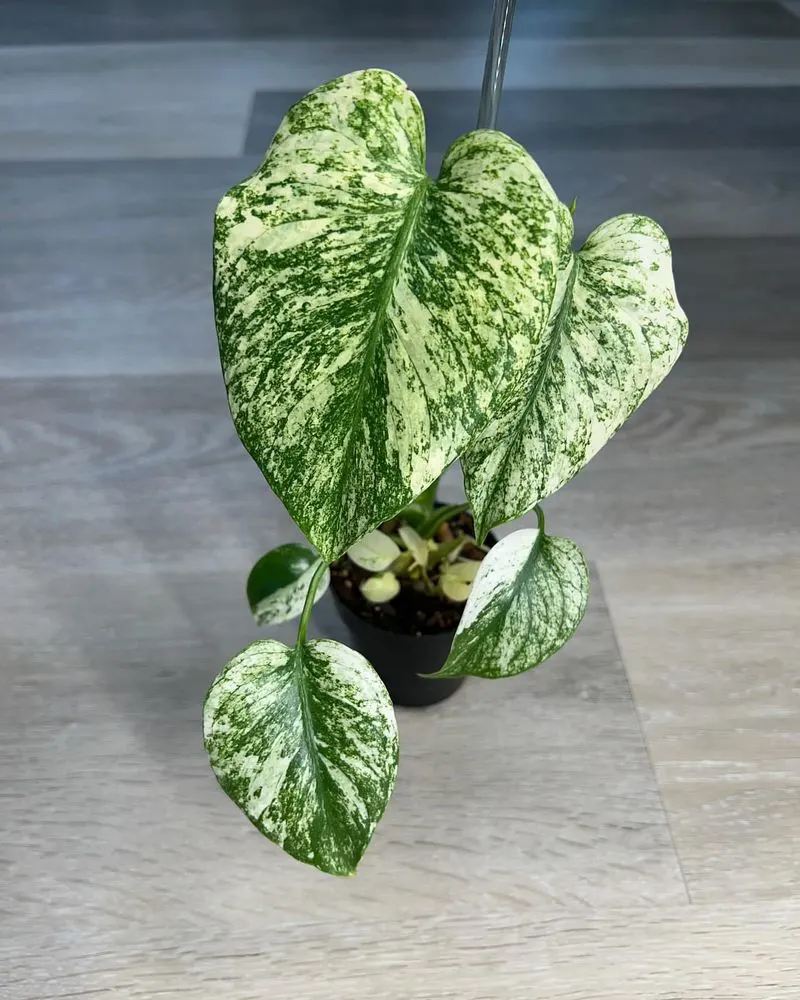
Mint’s invigorating aroma is a garden staple, offering freshness like no other. Its smell energizes, perfect for morning garden walks. Often used in teas and culinary dishes, mint’s scent is both refreshing and versatile. This hardy plant grows abundantly, making it ideal for sensory gardens. Its aroma deters pests, providing a natural way to protect your plants. Whether in a pot or sprawling, mint’s resilience ensures it thrives effortlessly. Known for its medicinal properties, it’s a must-have for any fragrant garden. A true multitasker, offering both scent and utility.
Peony
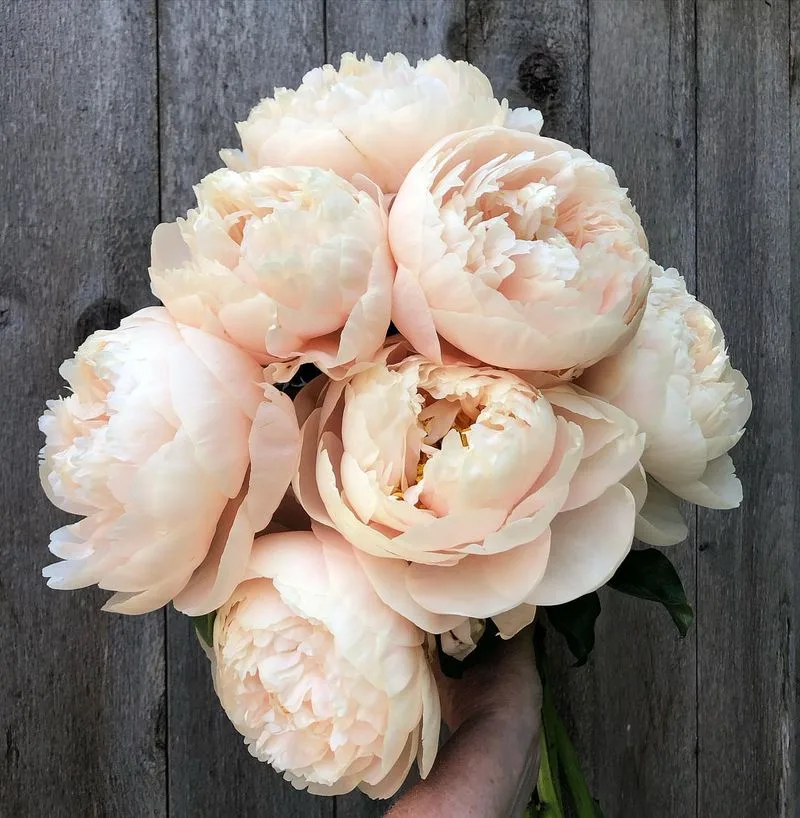
Peonies captivate with their lush, fragrant blooms, a symbol of prosperity and romance. Their large, ruffled flowers emit a sweet, enchanting scent, perfect for cutting gardens. These blossoms create a stunning visual and aromatic experience. Often used in bouquets, peonies add elegance and charm. Their seasonal blooming marks the arrival of spring, a favorite among garden enthusiasts. Known for their longevity, peonies thrive with minimal care. A timeless classic, they attract pollinators and are celebrated for their beauty and fragrance.
Lilac
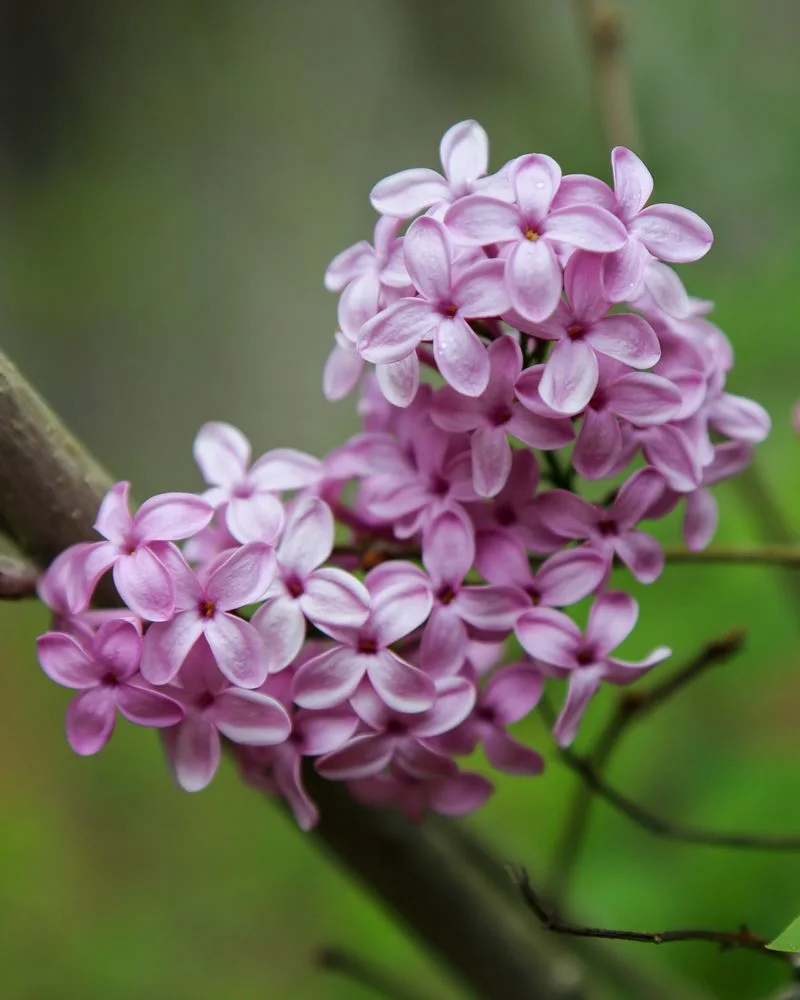
Lilac’s nostalgic scent evokes memories of springtime, with its dense clusters of purple or white flowers. This hardy shrub perfumes the garden, creating a serene atmosphere. Ideal for borders, lilac is a staple in traditional gardens. Its fragrance is celebrated in perfumery, known for its ability to captivate. Lilac requires minimal care, thriving in various climates. A favorite for its beauty and scent, it heralds the arrival of warmer weather. A symbol of renewal and confidence, lilac is cherished by gardeners and visitors alike.
Marigold
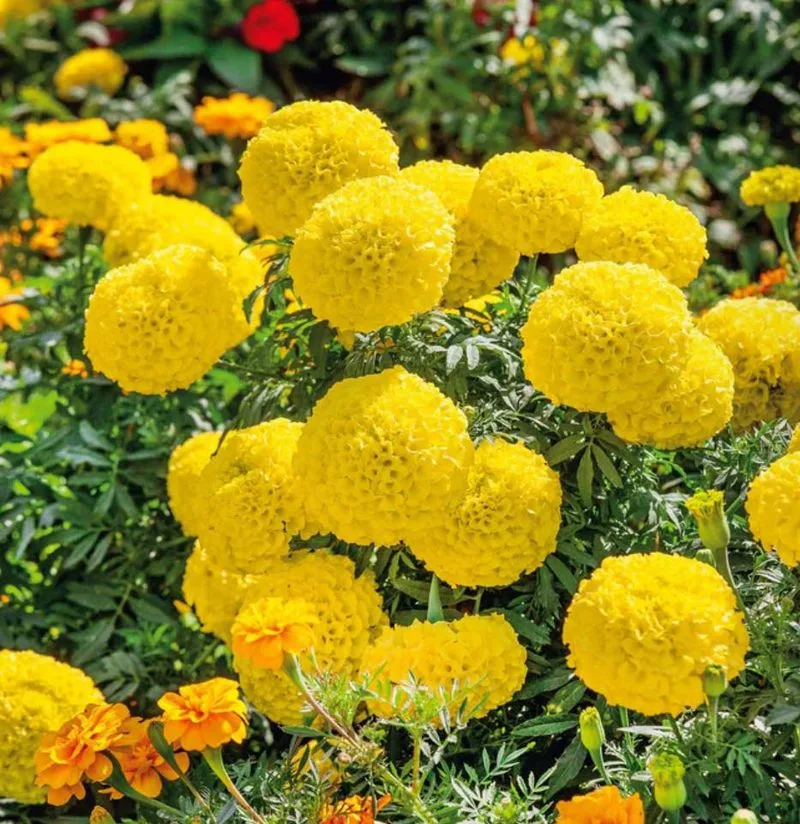
Marigolds offer more than just bright colors; their unique scent repels garden pests like mosquitoes and aphids. Their distinct, peppery fragrance is a natural deterrent, making them a gardener’s ally. These resilient flowers bloom abundantly, providing continuous color and protection. Plant them alongside vegetables to safeguard crops naturally. Marigolds thrive in various conditions, requiring little maintenance. Widely used in companion planting, they benefit the entire garden ecosystem. A cheerful addition, marigolds are as practical as they are beautiful, adding both color and functionality.
Basil
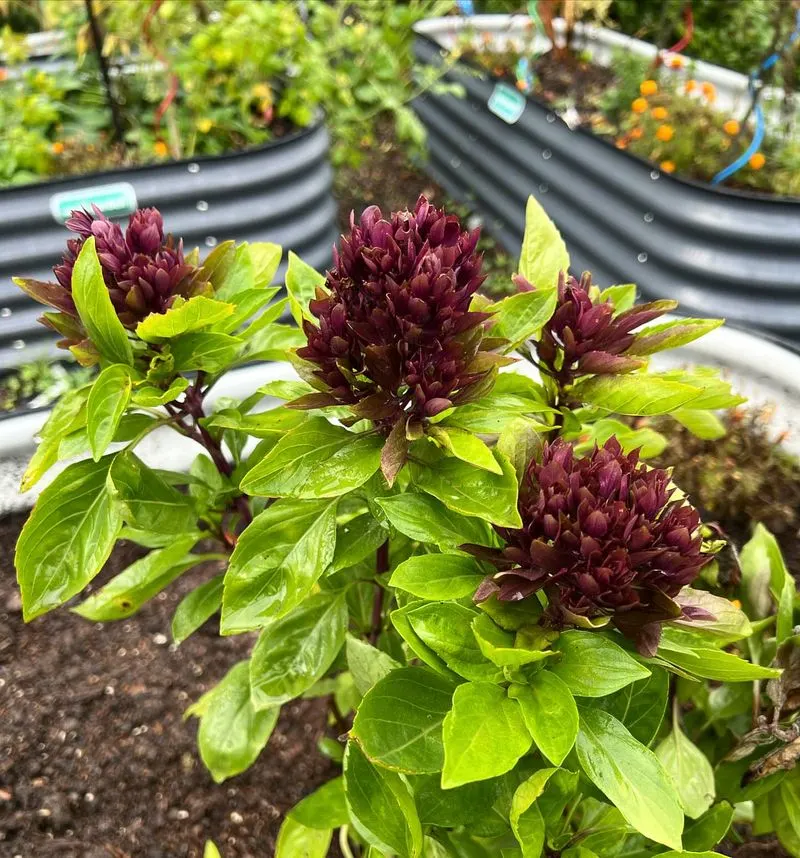
Basil’s aromatic leaves are a kitchen staple and a natural bug repellent. Its strong scent deters flies and mosquitoes, while adding flavor to culinary dishes. This herb grows easily, fitting seamlessly into any garden. Basil enhances garden biodiversity, attracting beneficial insects. Whether grown in pots or garden beds, basil’s utility is unmatched. It’s perfect for companion planting, protecting nearby plants. Known for its role in Italian cuisine, basil’s versatility extends beyond the kitchen. A must-have for gardeners seeking to blend function with flavor.
Chrysanthemum
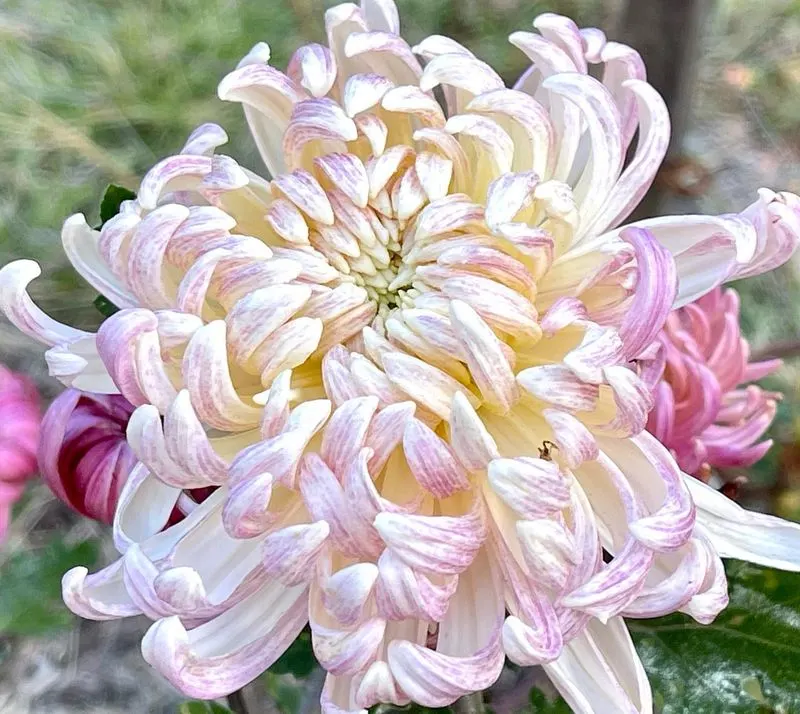
Chrysanthemums, with their vibrant blooms, hold a secret weapon: they repel insects like ants, fleas, and ticks. Their natural pyrethrum content makes them effective bug deterrents. These flowers add life and color to gardens, thriving in various climates. Chrysanthemums are not just decorative; they play a crucial role in maintaining garden health. Plant them in borders to keep pests at bay naturally. Their diverse colors and shapes add aesthetic appeal. A symbol of optimism and joy, chrysanthemums are both beautiful and functional in the garden.
Catnip
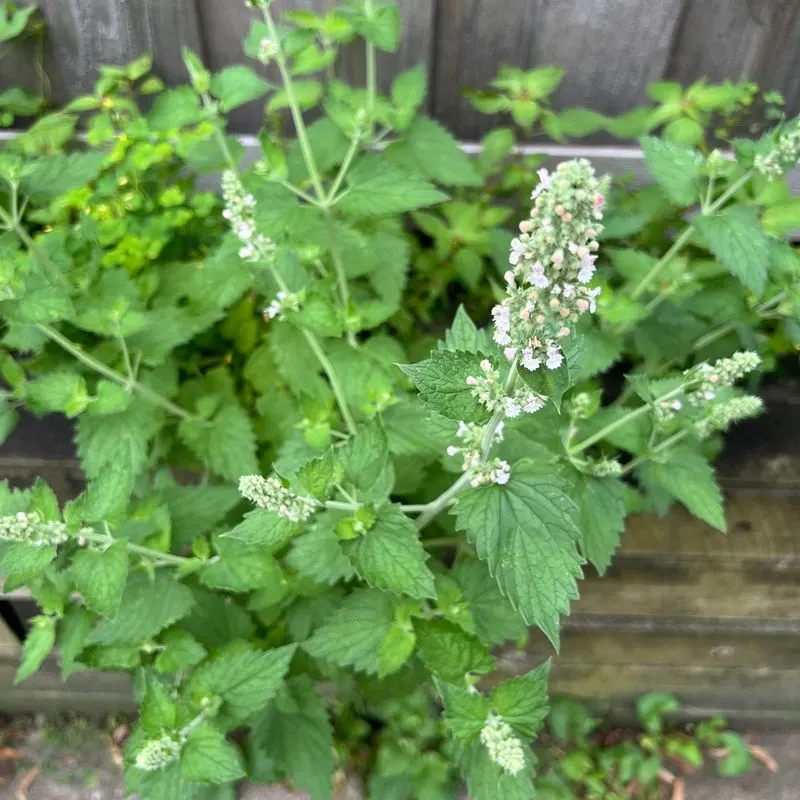
Catnip is famous for its effect on cats, but its insect-repelling properties are lesser-known. The plant’s aroma deters mosquitoes, making it an excellent natural bug shield. Easy to grow, catnip can fit into any garden layout. Its tiny flowers attract pollinators, enhancing garden biodiversity. Known for its calming effect on felines, it serves dual purposes. Catnip is resilient, thriving in various conditions with minimal care. A plant that offers both fun and functionality, it’s a unique addition to any outdoor space. Perfect for pet owners and garden enthusiasts alike.
Lavender (Bug Repellent)
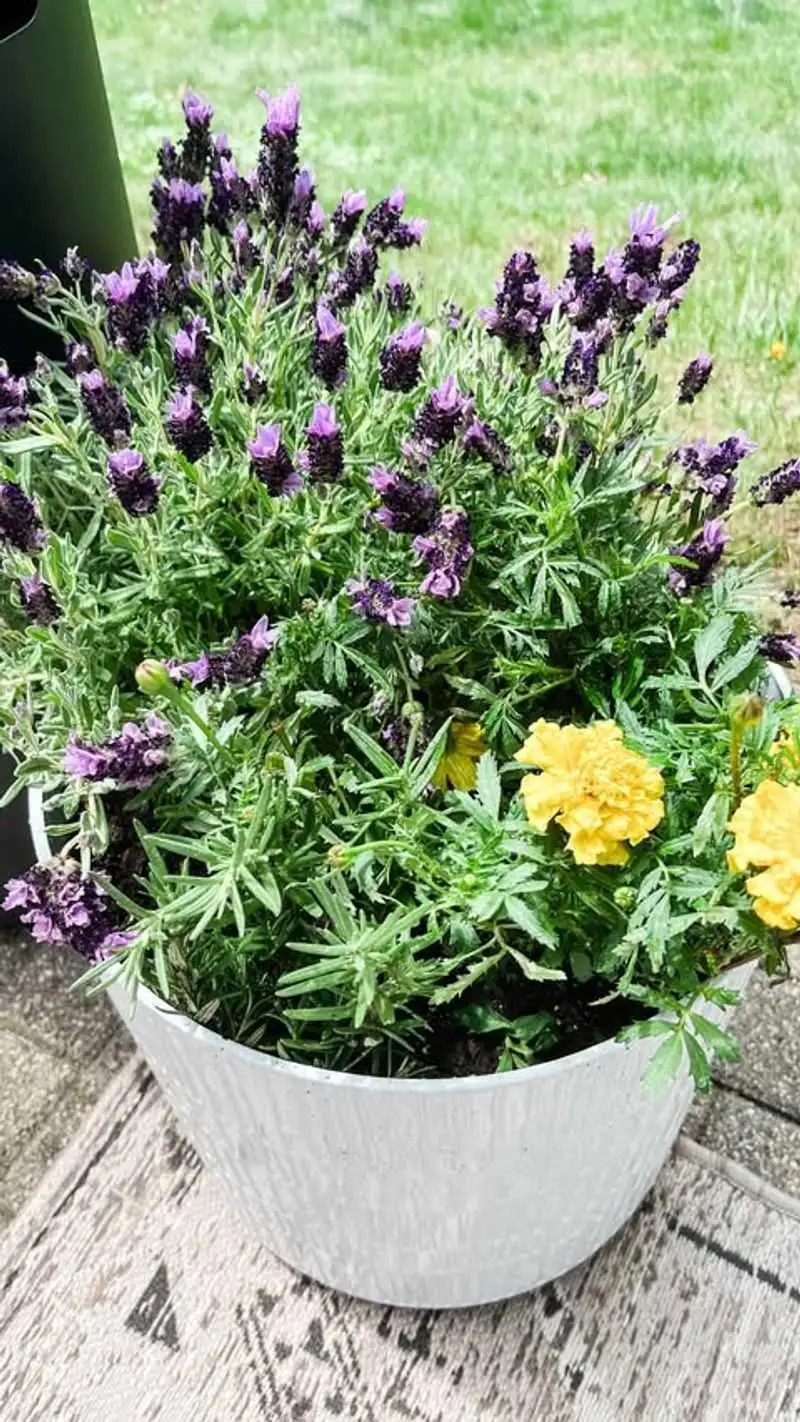
Beyond its calming scent, lavender serves as a powerful bug repellent. Its aroma deters mosquitoes and moths, protecting your garden effortlessly. Known for its beauty and utility, lavender is a favorite among gardeners. Ideal for borders, it creates a visual and aromatic barrier. Lavender thrives in sunny spots, offering year-round benefits. Its dual role in the garden makes it indispensable. A symbol of serenity, lavender’s versatility extends beyond fragrance. Perfect for those seeking natural pest control solutions that are both effective and fragrant.
Thyme
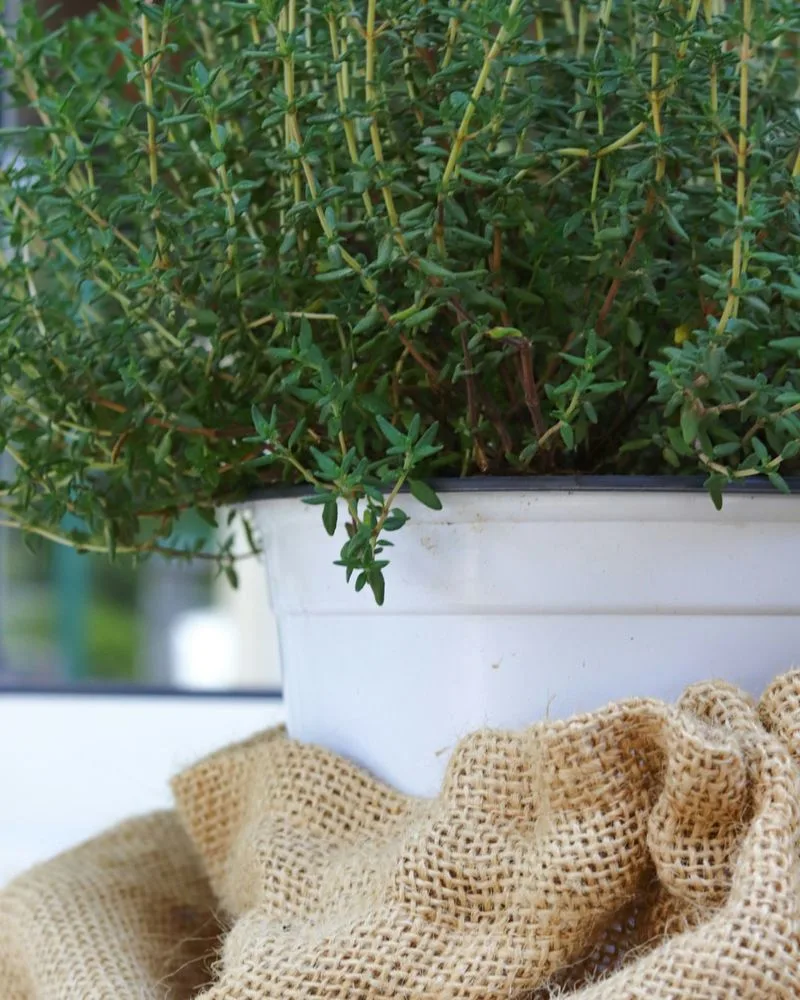
Thyme’s subtle fragrance masks a potent bug-repelling ability. This herb’s essential oils deter pests like cabbage worms and whiteflies. Easy to grow, thyme fits well in rock gardens or as ground cover. Its culinary uses are well-known, but its garden benefits are equally valuable. Thyme attracts beneficial insects, enhancing garden health. Perfect for edging pathways, it adds both beauty and utility. Known for its historical use in medicine and cooking, thyme remains a versatile herb. Ideal for gardeners seeking multi-functional plants.
Petunias
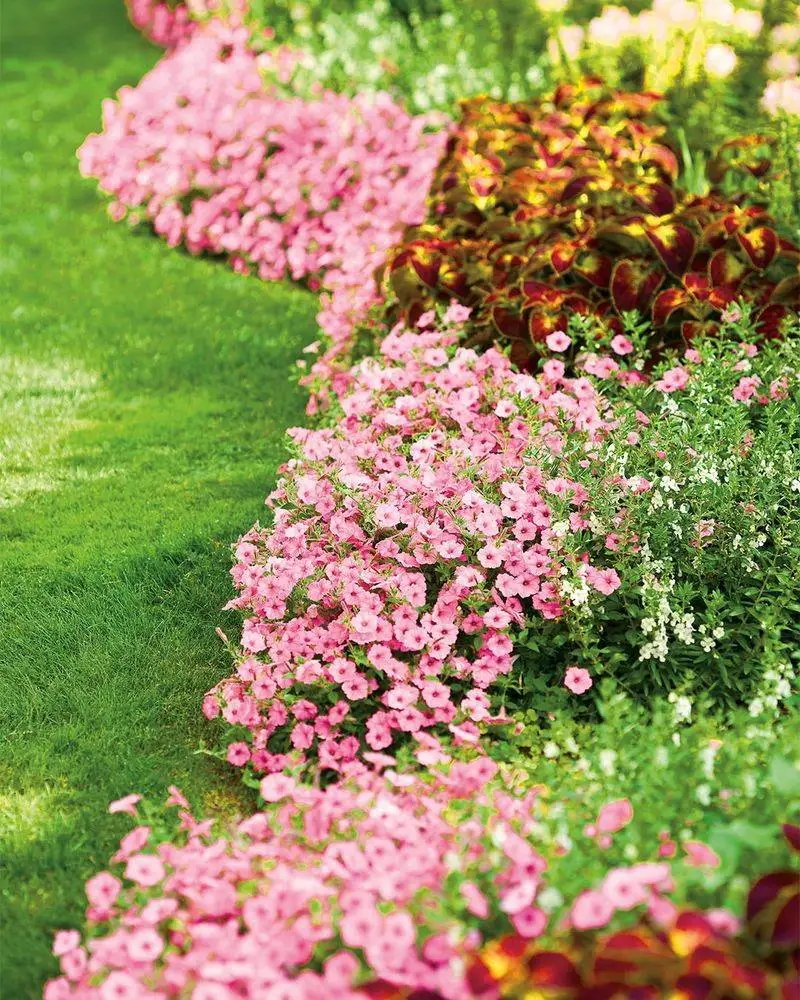
Petunias, with their vibrant blooms, offer more than visual appeal. They act as natural pest deterrents, repelling aphids, beetles, and other insects. These resilient flowers thrive in hanging baskets or garden beds, adding a splash of color. Petunias require minimal care, making them ideal for novice gardeners. Known for their long blooming period, they provide continuous protection and beauty. Their versatility makes them a popular choice for borders and planters. A garden favorite, petunias are as practical as they are pretty, enhancing any outdoor space.
Allium
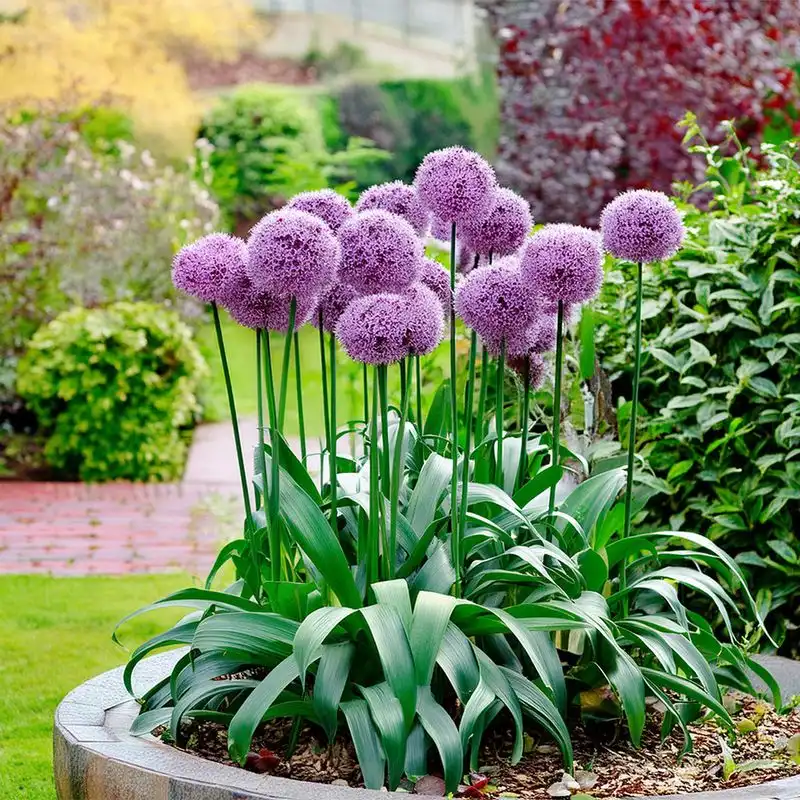
Alliums, with their striking spherical blooms, do more than catch the eye. Their strong scent deters pests like aphids and slugs. These ornamental onions add architectural interest to gardens. Ideal for borders, alliums provide height and color contrast. Their unique appearance makes them a conversation starter. Alliums are easy to grow, requiring little maintenance. Known for their role in companion planting, they protect other plants naturally. A blend of beauty and function, alliums are a must-have for any pest-conscious gardener.
Lemongrass
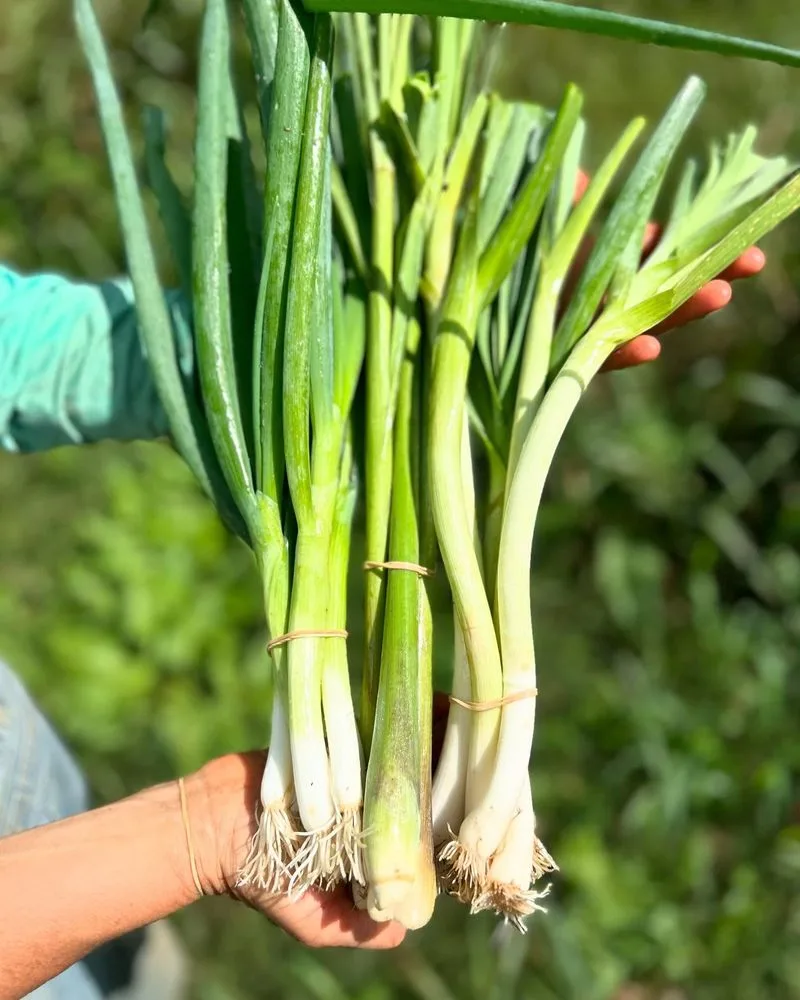
Lemongrass, with its citrusy aroma, is a powerhouse in pest control. It naturally repels mosquitoes, making it a garden essential. Grown for its fragrance and culinary uses, lemongrass fits well in tropical-themed gardens. Its long, slender blades add texture and movement. Lemongrass requires warm climates but can be grown in pots indoors. A favorite in Asian cuisine, its uses extend beyond the garden. Known for its fresh scent, lemongrass enhances any outdoor space. Perfect for those seeking natural, fragrant pest solutions.

